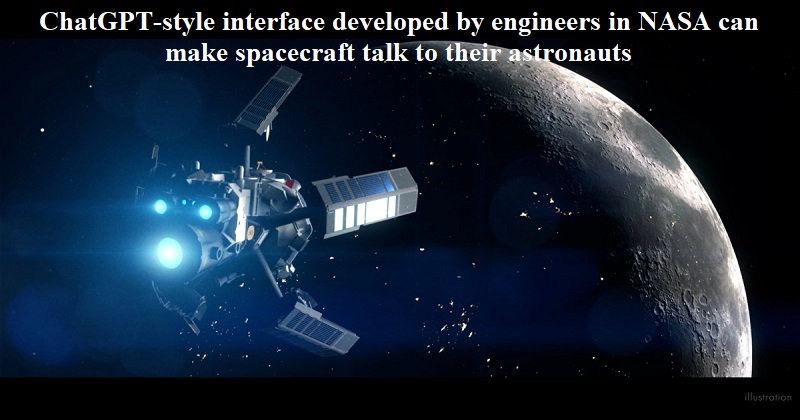
According to an exclusive report by The Guardian, engineers at NASA are developing a ChatGPT-style interface that could enable spacecraft to communicate with astronauts and mission controllers to have conversations with AI-powered robots exploring distant planets and moons.
The initial version of this AI interface is planned to be deployed on Lunar Gateway, NASA’s future space station as part of the Artemis program, according to the engineer working on the technology.
Dr. Larissa Suzuki, a visiting researcher at NASA, explained that the goal is to have conversational interactions with space vehicles, where they can communicate alerts and share interesting findings in the solar system and beyond. She emphasized that this concept is no longer confined to science fiction.
During a meeting on next-generation space communication at the Institute of Electrical and Electronics Engineers (IEEE) in London, Suzuki highlighted the importance of an interplanetary communications network with built-in AI capabilities. This network would be able to detect and address glitches and inefficiencies as they arise.
For example, if there is a likelihood of package transmissions from a space vehicle being lost or failing, the AI system would alert mission operators. Sending an engineer to space every time a vehicle goes offline or its software malfunctions is not feasible, so having an AI system that can handle such issues is crucial.
The system will also incorporate a natural language interface, allowing mission control and astronauts to communicate with it directly. This feature will save them from having to search through technical manuals to find relevant information. Suzuki expressed her hope that astronauts will be able to seek advice on complex maneuvers or space experiments in the future.
Suzuki has been researching the deployment of machine learning in space and exploring the possibility of running large amounts of data through supercomputers. She mentioned federated learning as an approach that can allow a fleet of robotic rovers to share relevant information about water or specific minerals on a distant planet without transmitting massive amounts of data back to Earth.
By leveraging collaborative updates based on what other spacecraft observe, distributed learning can take place without the need to bring all the data to the ground.
Overall, the development of this AI interface holds significant potential for enabling advanced communication and collaboration between humans and space vehicles, making space exploration more efficient and effective.

Post Your Comments